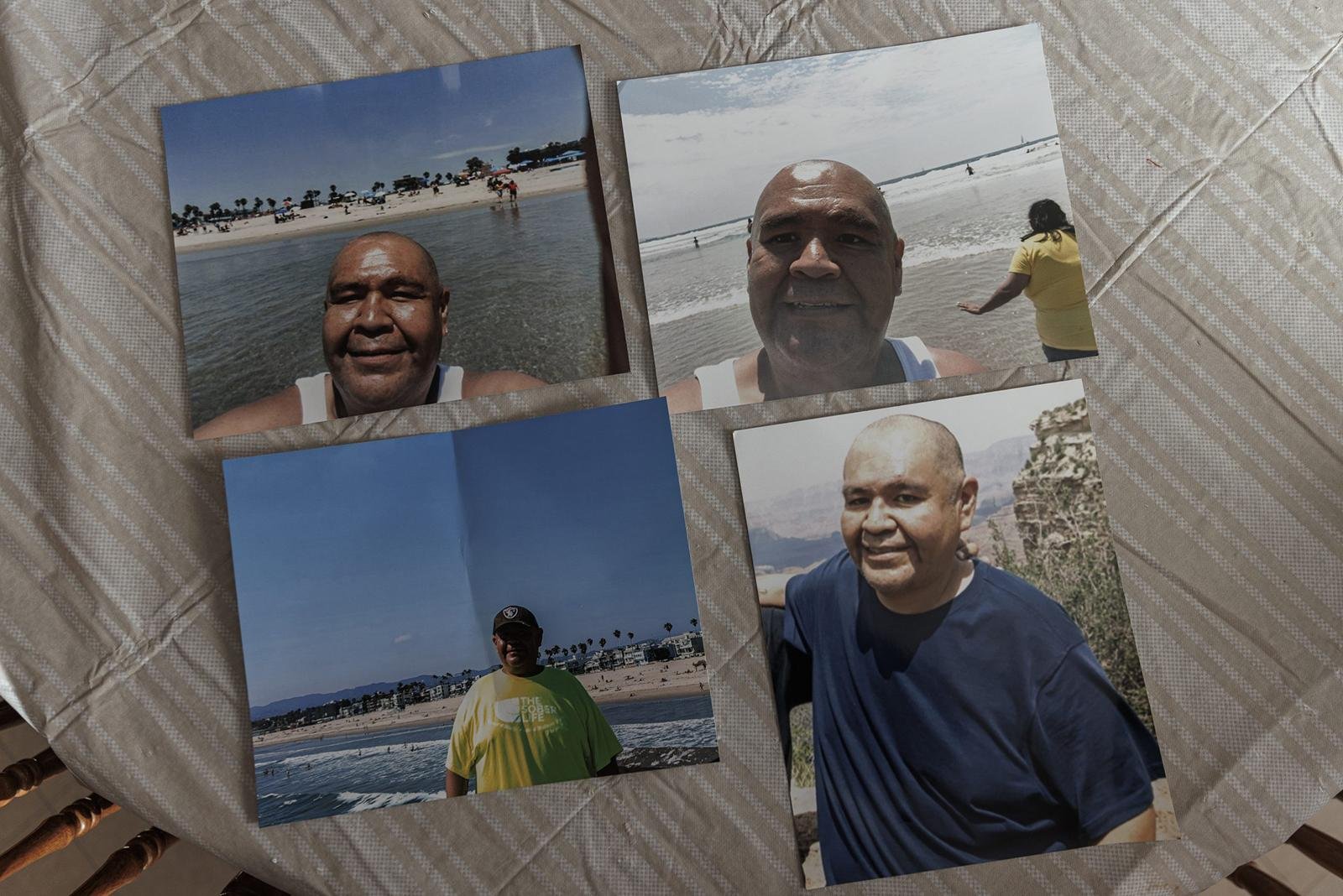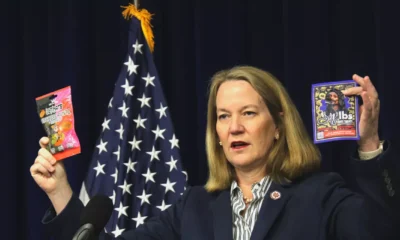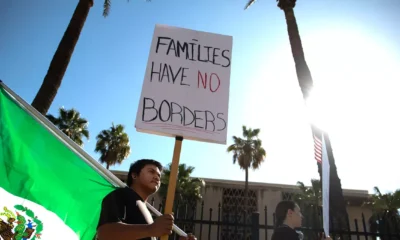crime
New Legislation Ramp Up Scrutiny on Arizona’s Sober Living Homes

Arizona Governor Katie Hobbs has enacted crucial legislation aimed at enhancing the oversight of sober living homes. This comes in the wake of a Medicaid fraud scheme that exploited Native Americans seeking treatment for substance abuse.
The newly signed bill, supported by three Republican lawmakers, modifies existing regulations for sober living homes. It imposes additional requirements on the Arizona Department of Health Services (ADHS). However, concerns remain that the legislation may not sufficiently address the underlying issues contributing to fraud, as highlighted by a representative from the Navajo Nation.
Governor Hobbs’ office confirmed that the bill, expected to take effect this fall, was part of a larger suite of new laws. While the governor’s office did not provide detailed reasons for endorsing this legislation, Hobbs has consistently advocated for reforms to combat wrongdoing in the healthcare system over the past two years.
This legislative action follows alarming reports by the Arizona Center for Investigative Reporting and ProPublica. Investigations revealed that former state Medicaid officials failed to curtail a $2 billion fraud scandal, despite numerous alerts. From around 2019, individuals were drawn into tainted treatment programs, often placed in sober living facilities that permitted substance use. Concurrently, operators excessively billed the state for nonexistent treatments, particularly targeting the American Indian Health Program.
The consequences have been severe, with records indicating at least 40 deaths in sober living homes from spring 2022 to summer 2024. Victim advocates assert that the actual number is likely much higher. Interviews with bereaved families revealed a distressing lack of communication about their loved ones’ circumstances, leaving them unaware of the facilities involved.
Rep. Cesar Aguilar, a Democrat from Phoenix, expressed hope that the new measures would establish higher standards for these homes, emphasizing the need to protect vulnerable individuals.
The League of Arizona Cities and Towns, which advocated for the bill, highlighted a critical provision requiring timely reporting to ADHS when a resident experiences a death, overdose, or severe injury. Additionally, the health department must inform local governments when new licenses for sober living homes are issued, a move aimed at fostering transparency and community awareness.
The bill mandates that the health department’s director set standards to ensure a drug- and alcohol-free environment in sober homes, with provisions for revoking licenses or imposing fines for non-compliance. Annual inspections of facilities will also be conducted, with the findings reported to lawmakers.
Despite bipartisan support, critics argue that the bill falls short by failing to address significant factors contributing to the fraudulent activities. Many victims remained in unlicensed homes, and the Arizona Health Care Cost Containment System (AHCCCS) was criticized for its slow response to the crisis.
In May 2023, AHCCCS and the governor announced a comprehensive investigation into numerous facilities and initiated a hotline for victims displaced by the fraudulent practices. Recent reforms have aimed to rectify the agency’s oversight shortcomings.
Supporters of the legislation have pointed to endorsements from tribal communities. However, dissenting voices like Reva Stewart, a Diné advocate, believe the bill creates a heavier burden on licensed facilities while neglecting the unlicensed homes where the majority of harm occurred.
Senator Theresa Hatathlie, a Democrat representing the Navajo Nation, echoed similar concerns, noting that previous legislation she proposed called for greater accountability across state agencies. Hatathlie criticized the current bill’s sponsors for excluding her from discussions, stressing that the ongoing crisis indicates a need for more effective solutions.
“We’re actually not solving the problem,” Hatathlie stated. “To say it’s good enough now, when we still have people dying and getting lost in the system, is a disservice to human lives. These are my relatives. These are my family members.”
The lead sponsor of the legislation, Senator Frank Carroll, has not yet responded to inquiries regarding the bill.


















